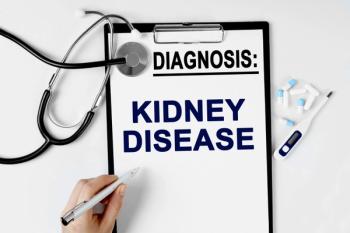
Unicycive Therapeutics secures a US patent for UNI-494, a promising treatment for chronic kidney disease, enhancing its development and partnership potential.

Unicycive Therapeutics secures a US patent for UNI-494, a promising treatment for chronic kidney disease, enhancing its development and partnership potential.

New research uncovers the complex tumor microenvironment in multiple myeloma, revealing unique plasma cell ecosystems that challenge existing treatment approaches.

Virtual health care enhances patient experiences, integrates complex data, and ensures medication access through provider-pharmacist collaboration.


Combination therapy with tremelimumab and durvalumab significantly improves survival in patients with liver cancer compared with standard sorafenib treatment.

Morgan Cantley, PharmD, BCOP, shares key insights about the HER2-targeting antibody-drug conjugate trastuzumab deruxtecan.
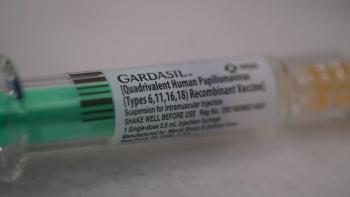
Many adults remain unaware of HPV's cancer risks, highlighting the urgent need for increased awareness.

IDSA updated cUTI guidelines for men and women emphasize antibiotic selection, transition to oral therapy, and optimal treatment duration.

Revumenib shows promise in treating NPM1-mutant AML, expanding its role in precision oncology and offering hope for targeted leukemia therapies.

CT-155, an investigational prescription digital therapeutic, was found to improve motivation, sociality, and other negative symptoms in patients with schizophrenia as an adjunct to antipsychotic treatment.

New findings highlight environmental impacts on weight management.

Aficamten offers new hope for HCM patients, showing significant clinical benefits and safety in recent trials, enhancing treatment options.


Acalabrutinib shows improved safety and survival rates in chronic lymphocytic leukemia (CLL), reducing risks of mortality and cardiovascular complications.

The designation is supported by promising results from the ongoing phase 1/2 BEACON clinical trial.
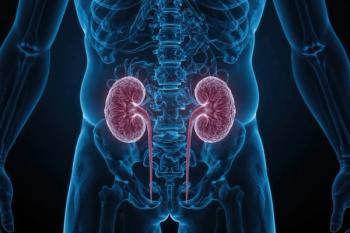
A collaborative care model enhances education and management for patients with chronic kidney disease, improving outcomes and understanding.

Stiff Person Syndrome has unique complexities, necessitating the role of pharmacists in managing its symptoms and treatment options.

Elicio Therapeutics' ELI-002 2P cancer vaccine shows promising survival benefits in patients with pancreatic and colorectal cancer, enhancing immune responses.

RSV vaccination rates among older adults remain low despite new vaccines, highlighting disparities in uptake and the need for targeted outreach.

TAR-200 shows promise in treating BCG-unresponsive bladder cancer, achieving 82% tumor elimination and offering new hope for patients.

Health care automation enhances efficiency, yet medication inventory visibility remains a challenge.

By improving low-density lipoprotein cholesterol (LDL-C) levels, statins reduced complications after pipeline embolization device implantation for intracranial aneurysms.

Brensocatib emerges as the first FDA-approved treatment for non-cystic fibrosis bronchiectasis, revolutionizing care and targeting chronic inflammation.
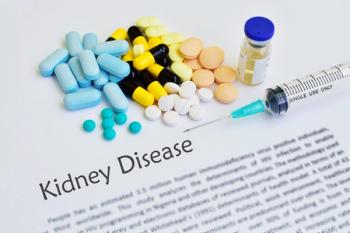
New research reveals that novel biomarkers enhance risk prediction for kidney failure and mortality in chronic kidney disease (CKD), paving the way for personalized treatment.

Pharmacists help connect patients with the correct resources and help remove barriers so patients can receive continuous care.
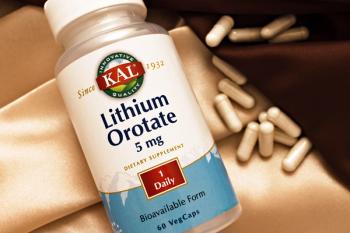
Harvard researchers reveal lithium deficiency as a potential early driver of Alzheimer disease, suggesting new treatment avenues for patients.

NRX-100 receives FDA fast track designation, offering hope for treating suicidal ideation in depression and bipolar disorder, addressing a critical health crisis.

Pharmacists can educate patients and health care professionals in addition to coordinating lab orders, interpreting results, and guiding patients through the next steps.

The action follows 2 FDA-issued complete response letters.

SWIFT-seq revolutionizes multiple myeloma diagnosis, offering a noninvasive blood test that enhances monitoring and risk assessment for patients.